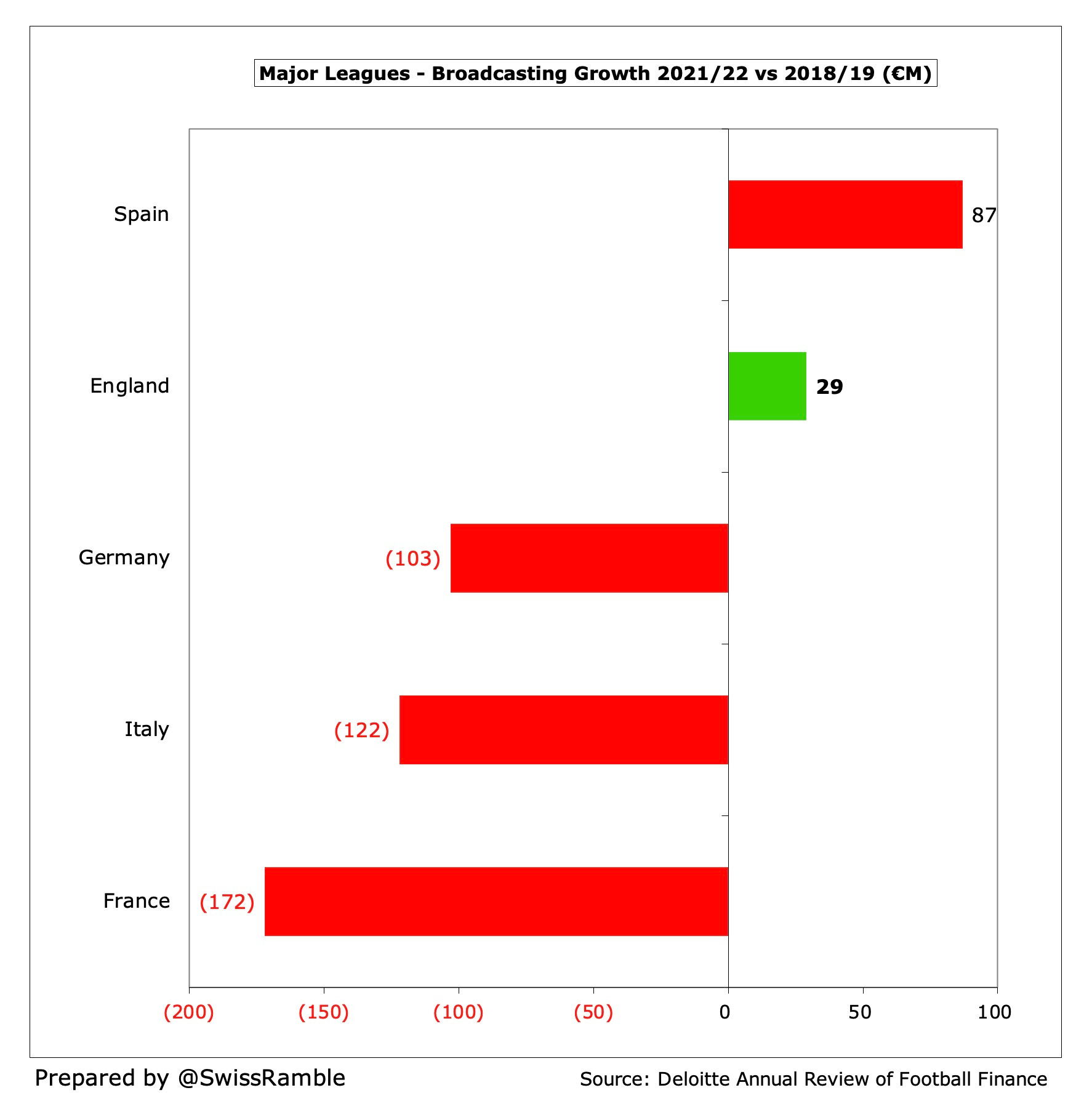
The Bundesliga is experiencing an unparalleled surge in financial success, with revenues soaring to a record €5.87 billion and match attendance surpassing 20 million. This financial boom is not just a fleeting moment of prosperity; it is a result of strategic planning and execution by the league and its clubs. The rise can be attributed to lucrative broadcasting deals, increased global fan engagement, and astute club management. These elements have combined to make the Bundesliga one of the most financially successful leagues in the world.

Strategic Financial Management
The Bundesliga's financial boom is largely driven by its broadcasting deals, which have expanded significantly in recent years. These deals not only cover domestic viewership but also cater to an international audience, further enhancing the league's global reach. The league's broadcasting revenue has seen an upward trend, thanks to partnerships with global media giants that distribute Bundesliga matches to millions of homes worldwide.
Fernando Carro, the CEO of Bayer Leverkusen, recently commented on the league's financial strategies, noting, "The Bundesliga rights are sold under value," suggesting that there is still significant potential for growth in this area. Carro also questioned the 50+1 rule, a unique aspect of German football that restricts commercial ownership, indicating that while this rule preserves club integrity, it might limit financial expansion opportunities.
Global Fan Engagement
The Bundesliga has made a concerted effort to increase its global appeal, which has paid off with record match attendance figures. Over 20 million fans attended matches in the latest season, showcasing the league's immense popularity. This achievement is not solely due to domestic fans; the league has tapped into international markets through strategic marketing campaigns and by hosting exhibition matches and events abroad.
The presence of world-class players in the league has also played a significant role in attracting a global audience. Players like Jamal Musiala of Bayern Munich and Dortmund's Jude Bellingham have become household names, drawing attention from football fans worldwide. The league's competitive nature, with clubs like RB Leipzig and Bayer Leverkusen challenging the traditional dominance of Bayern Munich, adds to its allure.
Club Management and Infrastructure
German clubs are renowned for their prudent financial management and investment in infrastructure. The Bundesliga's clubs prioritize sustainability and long-term growth over short-term financial gains. This approach is evident in their investment in youth academies and training facilities, which not only nurture homegrown talent but also reduce reliance on expensive transfers.
Bayern Munich's recent hiring of Vincent Kompany as head coach is a testament to their strategic management. Under Kompany, Bayern has made a strong start to the season, leading the table and reinforcing their position as a top club. Uli Hoeness, Bayern's honorary president, confidently stated, "Bayern will win the Bundesliga after a strong start this season," reflecting the club's ambition and strategic planning.

Competitive Edge and Tactical Analysis
The Bundesliga is not just about financial success; it is also a hub of tactical innovation. Clubs like VfL Bochum, under Peter Zeidler, have employed unique tactical setups to compete at the highest level. Zeidler's tactics, often described as "The Unrelegatables," focus on aggressive pressing and quick transitions, which have helped Bochum maintain their Bundesliga status against the odds.
Bayer Leverkusen, last season's champions, have also demonstrated tactical flexibility, often switching between a 4-2-3-1 and a 3-4-3 formation depending on the opposition. This adaptability has been crucial in breaking Bayern Munich's 11-year hold on the title.
Future Prospects
The Bundesliga's financial and competitive success sets a promising precedent for the future. With ongoing investment in infrastructure and talent, coupled with strategic global marketing and broadcasting deals, the league is poised for continued growth. However, challenges remain, such as balancing the 50+1 rule with the need for financial expansion. As the Bundesliga navigates these challenges, its focus on sustainability and innovation will likely guide it to new heights.
In conclusion, the Bundesliga's financial boom is a result of strategic broadcasting deals, global fan engagement, and prudent club management. As the league continues to grow, it sets an example for other leagues aiming to achieve similar success. The Bundesliga's ability to combine financial prowess with on-field competitiveness makes it a unique and compelling case in the world of football.